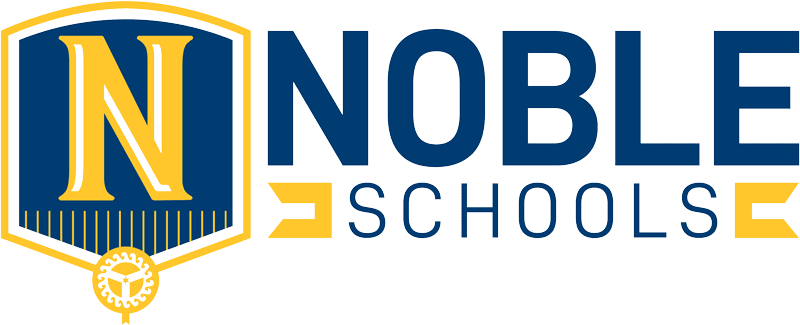Noble Annual FERPA Notice
Annual Notice of Student Education Record Privacy and Disclosure of Directory Information
Family Educational Rights and Privacy Act (FERPA)
The Family Educational Rights and Privacy Act (FERPA) affords parents and students who are 18 years of age or older (“eligible students”) certain rights with respect to the student’s education records, including:
- The right to inspect and review the student’s education records within 45 days after the day Noble receives a request for access. Parents or eligible students who wish to inspect their child’s or their education records should submit a written request that identifies the records they wish to inspect. Noble will arrange for access and notify the parent or eligible student of the time and place where the records may be inspected. Noble is not required to provide copies of records.
- The right to request the amendment of the student’s education records that the parent or eligible student believes are inaccurate, misleading, or otherwise in violation of the student’s privacy rights under FERPA. Parents or eligible students who wish to amend their child’s or their education record should submit a written request clearly identifying the part of the record they want changed and specify why it should be changed. If Noble decides not to amend the record as requested by the parent or eligible student, Noble will notify the parent or eligible student of the decision and of their right to a hearing regarding the request for amendment. Additional information regarding the hearing procedures will be provided to the parent or eligible student when notified of the right to a hearing. After the hearing, if the school still decides not to amend the record, the parent or eligible student has the right to place a statement in the record about the contested information.
- The right to provide written consent before the school discloses personally identifiable information (PII) from the student’s education records, except to the extent that FERPA authorizes disclosure without consent. One exception, which permits disclosure without consent, is disclosure to school officials with legitimate educational interests, such as a person employed by the school or school district as an administrator, supervisor, instructor, or support staff member (including health or medical staff and law enforcement unit personnel) or a person serving on the school board. A school official also may include a volunteer, contractor, or consultant who, while not employed by the school, performs an institutional service or function for which the school would otherwise use its own employees and who is under the direct control of the school with respect to the use and maintenance of PII from education records, such as an attorney, auditor, medical consultant, or therapist; a parent or student volunteering to serve on an official committee, such as a disciplinary or grievance committee; or a parent, student, or other volunteer assisting another school official in performing his or her tasks. A school official typically has a legitimate educational interest if the official needs to review an education record in order to fulfill his or her professional responsibility. Upon request, Noble also discloses education records without consent to officials of another school or school district in which a student seeks or intends to enroll or is already enrolled if the disclosure is for purposes of the student’s enrollment or transfer. Additionally, Noble discloses education records without consent pursuant to valid court orders.
- The right to file a complaint with the U.S. Department of Education concerning alleged failures by Noble to comply with the requirements of FERPA. The name and address of the Office that administers FERPA are:
Student Privacy Policy Office
U.S. Department of Education
400 Maryland Avenue, SW
Washington, DC 20202
Disclosure of Directory Information | Consistent with FERPA, Noble may disclose appropriately designated “directory information”, as defined in Noble’s Student and Parent Handbook, without prior written consent, unless the parent, guardian, or eligible student have advised Noble to the contrary. The primary purpose of directory information is to allow Noble to include information from your/your child’s education records in certain school publications.
Directory information, which is information that is generally not considered harmful or an invasion of privacy if released, can also be disclosed to outside organizations without prior written consent except when the request is for a profit-making plan or activity or when the parent/eligible student has informed Noble that any or all such information should not be released without their prior written consent or when disclosure is otherwise prohibited by law.
In addition, two federal laws require local educational agencies (LEAs) receiving assistance under the Elementary and Secondary Education Act of 1965, as amended (ESEA) to provide military recruiters, upon request, with the following information – names, addresses, school email addresses, and telephone listings – unless parents/eligible students have advised Noble that they do not want their/their student’s information disclosed without prior written consent.
If you do not want Noble to disclose any or all of the types of information designated below as directory information from your/your child’s education records without prior written consent, you must notify Noble in writing by contacting Darko Simunovic.

